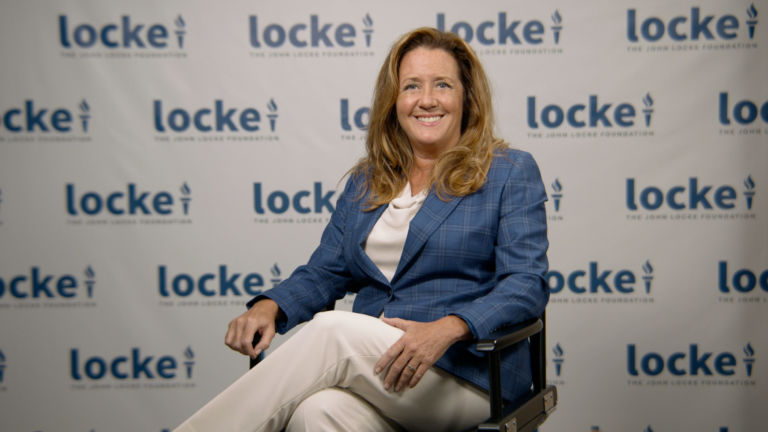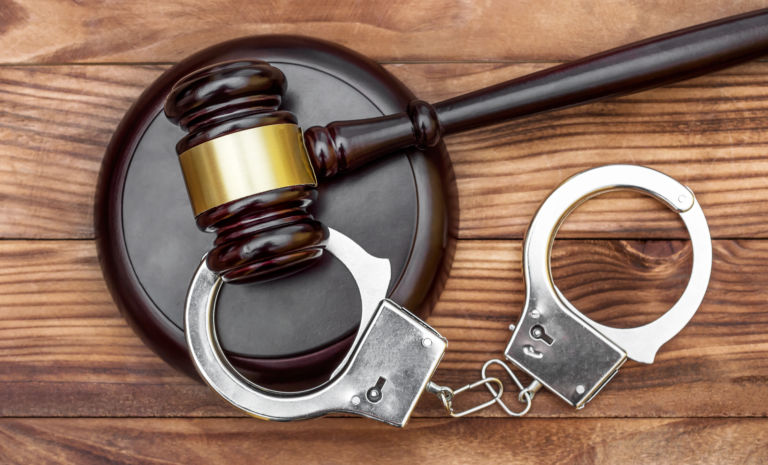George Leef’s latest Forbes column highlights the disturbing fact that the next U.S. attorney general appears to favor civil asset forfeiture.
By a very large measure, Americans oppose civil asset forfeiture. They think that it is wrong for the government to take property from someone who has not been convicted of any crime. The most recent evidence showing that is found in a recent Cato Institute survey on public attitudes toward the police and in it, 84 percent said they oppose allowing the police to seize a person’s property on mere suspicion that he may have been involved in crime.
Unfortunately, it seems that Donald Trump’s choice for Attorney General, Senator Jeff Sessions of Alabama, is among that small minority of Americans who reflexively support civil asset forfeiture because it supposedly helps fight crime. At least, those were his thoughts during a Judiciary Committee hearing on civil asset forfeiture in May 2015.
The committee had listened to testimony from Russ Caswell of Tewksbury, MA. He explained how his family-owned motel was seized by federal and local officials because some of his customers had violated drug laws while in the rooms they had rented. … Caswell would have lost nearly his entire wealth merely because of criminal activity he did not know about occurred on his property.
You might think that Mr. Caswell’s testimony would have elicited sympathy from the senators, but not from Sessions, who declared that he was “very unhappy” with criticism of civil asset forfeiture. He went on to say that he thought “taking and seizing and forfeiting, through a government judicial process, illegal gains from criminal enterprises is not wrong.” Furthermore, he declared, “95 percent” of forfeiture cases involve criminals who’ve “done nothing in their lives but sell dope.”
Senator Sessions’ comments are recounted in this Roll Call article by Institute for Justice attorney Robert Johnson, who offers this devastating rejoinder: “Before government labels someone a ‘criminal,’ it has to secure a criminal conviction. The fact of the matter is, we have no way to know what portion of civil forfeitures involve genuine ‘criminals,’ as the whole point of civil forfeiture is that government can take property without convicting or even charging anyone with a crime.”


